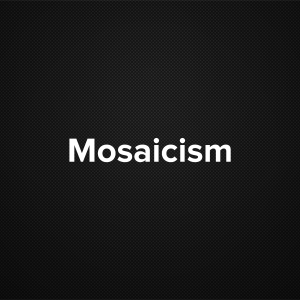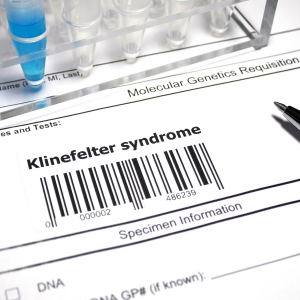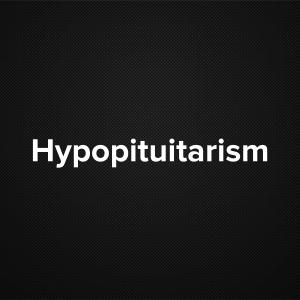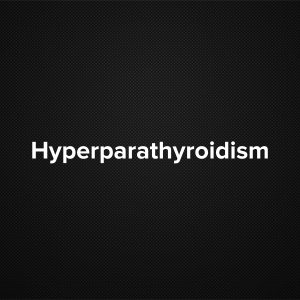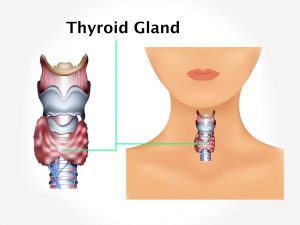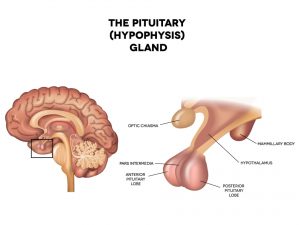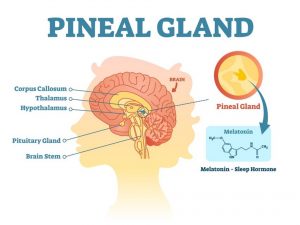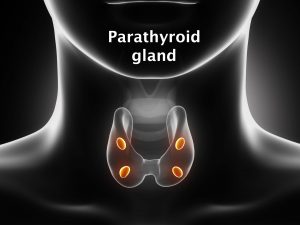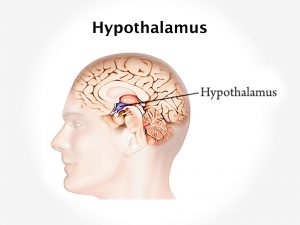Causes and risk factors
Graves’s disease is the most common cause of hyperthyroidism. Various other thyroid diseases predispose excess production of thyroid hormone. Certain common thyroid affections are toxic nodular goiter, toxic adenoma, and Trophoblastic tumor of thyroid. Subacute thyroidtis and post partum thyroiditis along with thyrotoxicosis facitia are the other causation of hyperthyroidism.
Clinical presentation:
Symptoms develop gradually. Excessive production of thyroid hormone leads to variety of symptoms. Swelling of the gland can occur. A large palpable mass can be felt in the neck. It increases the metabolism thus leading to a hypermetobolic state. The patient commonly complaint of weight loss inspite of good appetite. Increase perspiration occurs. Weakness, palpitation, tremors altered bowel movement and fatigue are the other common symptoms seen. Fine tremors, retraction of the lids, lid lag occurs. Exopthalamus( popping or eyeballs) is the characteristic symptom seen. The skin becomes dry and hair and nails become brittle. Loss of libido, gynacomastia and erectile dysfunction is complained by the patient. Affection at the level of mind is also seen. Depression, mood swings and irritability occurs, the memory is also affected. Hyperthyroidism can also lead to certain complications like atrial fibrillation, worsening angina pectoris and congestive heart failure.
Investigations:
Diagnosis is done on the basis of symptoms narrated by the patient and the examination carried out by the doctor. Certain investigations like routine blood test, thyroid function test, and thyroid auto antibody test are diagnosed. Ultrasound scanning of the thyroid gland is suggested.
Treatment:
Administration of medication is the only line of treatment of in hyperthyroidism. Use of radioactive iodine to treat the damage cells can also be effective. Surgical intervention can also be utilized. Surgical removal of the thyroid gland can be done.
Other modes of symptoms:
The other modes of treatment can also be effective in treating hyperthyroidism. Homoeopathy is a science which deals with individualization and considers a person in a holistic way. This science can be helpful in combating the symptoms. The Ayurvedic system of medicine which uses herbs and synthetic derivates can also be beneficial in combating the complaints.
Recent update:
As per the new study published in the Endocrine Society’s Journal of Clinical Endocrinology & Metabolism, People who have hyperthyroidism are more likely to take sick leave for extended periods than their healthy colleagues, usually in the first year after diagnosis.


